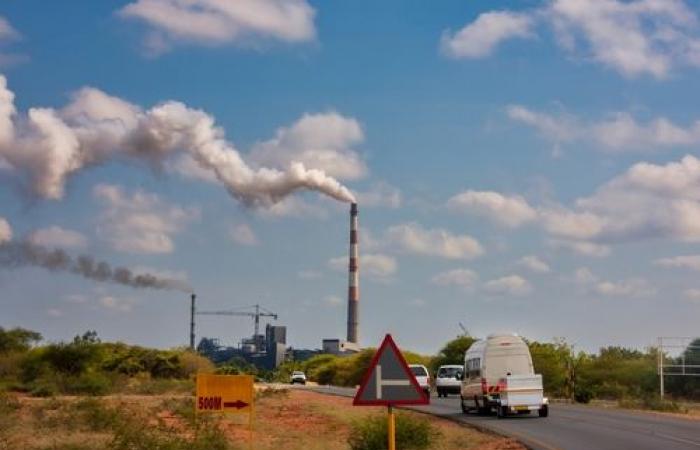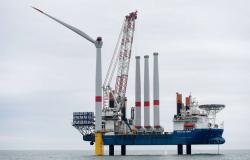A new study published in Global Biogeochemical Cycles reveals that, despite its vast natural ecosystems, Africa has become a net source of greenhouse gases. Decryption.
Africa’s worrying new carbon footprint
Historically, African ecosystems, particularly tropical forests and savannahs, played a crucial role for the planet by sequestering more greenhouse gases than human activities produced.
Recent research from the Future Ecosystems for Africa program reveals a worrying reality: with increasing emissions from the transformation of natural landscapes for agriculture and other uses, this dynamic has changed.
In total, it is estimated that Africa now releases 4.5 gigatons of CO2 equivalent into the atmosphere each year. Although it is only responsible for 4% of global human-caused greenhouse gas emissions, this figure is now greater than its absorption capacity.
The main sources of greenhouse gas emissions in Africa
Greenhouse gas emissions in Africa come from a variety of sources, both anthropogenic and natural. The main human sources include the burning of fossil fuels and agricultural practices.
Researchers have found that converting natural ecosystems to agricultural land reduces carbon storage capacity, thereby increasing net emissions. Researchers found that although carbon uptake by soils and plants continues, increased emissions are outpacing this uptake, making Africa a net source of CO2. In other words, although carbon sequestration continues, it no longer offsets increasing emissions.
Furthermore, natural processes such as wildfires, methane emissions from herbivores, and emissions from inland and coastal waters also contribute significantly.
Climate impact: how to reverse the trend?
To meet this challenge, Africa must find ways to develop while being carbon neutral. Investing in carbon-neutral energy sources and reducing dependence on fossil fuels are essential first steps, the study authors suggest.
However, ” all developed countries have developed their economies through the massive use of fossil fuels. If African countries are to become carbon neutral and grow their economies, global support and financing will be needed », recall Yolani Ernst and Sally Archibald, co-authors of the study.
Innovation in agricultural practices with mixed livestock management systems and protecting and restoring ecosystems that absorb CO2 will be practices and challenges that Africa will face in order to balance economic development with the need to reduce greenhouse gas emissions.






